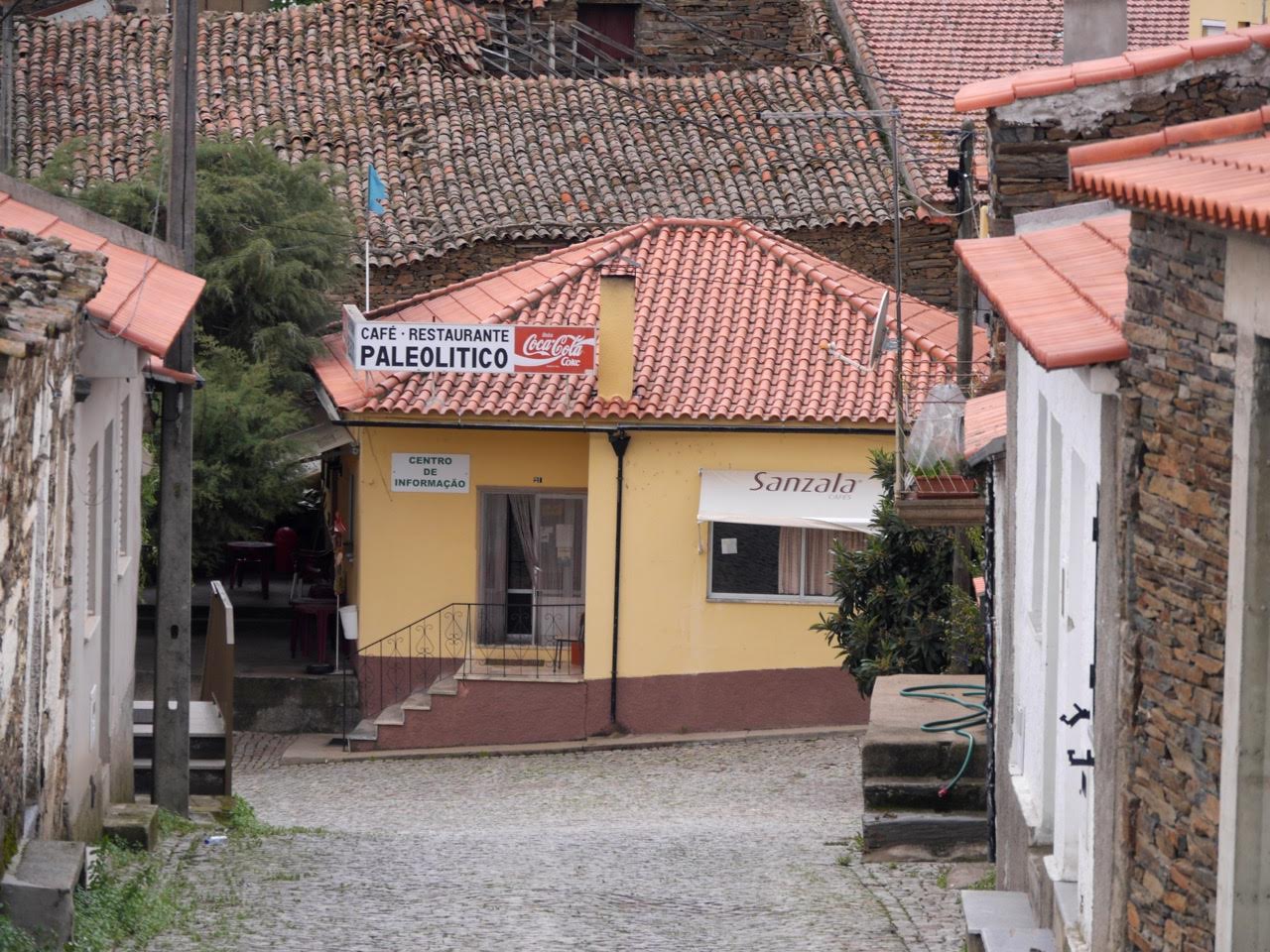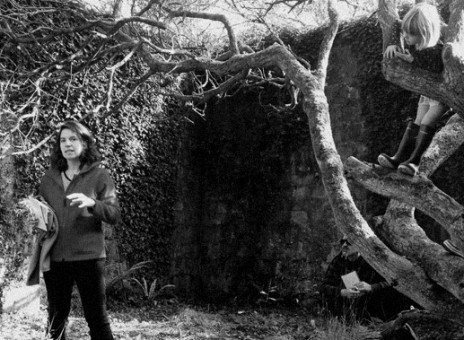Welcome to the Café Paleolitico

We spied the café at the bottom of the hill as we drove into the village of Castelo Melhor: the Coca-Cola sponsored signboard on the tiled roof read, ‘Café -Restaurante Paleolitico’. The village billed itself as one of the gateways to the Côa Valley archaeological park, and the cobbled road funnelled thousands of visitors through every year on their way to visit the Palaeolithic rock art sites strung along the banks of the river in northeast Portugal. A menagerie of ancient animals had been etched into the stone—aurochs, ibex, deer. A dozen miles downstream a group of biologists and conservationists was working hard to reintroduce some of these animals, or their contemporary proxies, in a reserve they had assembled out of abandoned agricultural lands. They described what they were doing as rewilding—in addition to bringing back wild grazing herbivores, they also hoped to restore populations of eagles, vultures and wolves, and encourage regrowth of native forests. Their vision of the landscape’s future was rooted in a Palaeolithic past.
I thought of the Côa Valley a couple of months later, when George Monbiot came to Exeter to speak on the topic of rewilding. He painted a picture of a past golden age for Britain, when hippos, elephants and rhinos roamed free, and lamented that these species had been erased from our landscapes and our memories. “The effort of being an environmentalist,” he asserted, “is the effort of remembering.” Rewilding he described as an imaginative act premised on “understanding what came before in order to enlighten our understanding of what is now and what could be.” There are plenty of people who have taken issue with Monbiot’s call for a return to a “magical kingdom” of ur-biodiversty, but what interested me most about his lecture was his explicit engagement with the politics of memory. Who gets to decide which past we are trying to get back to? Monbiot belittled the impoverished memories of those who see value in Britain’s “sheep-wrecked” and “deer-destroyed” landscapes, and called instead for a radical project of deep remembering that would deliver us to a wilder future.
Monbiot calls for a return to a “magical kingdom” of ur-biodiversty, but what interested me most about his lecture was his explicit engagement with the politics of memory. Who gets to decide which past we are trying to get back to?
But it occurred to me that he could also learn a lot about rewilding memory-work in practice from the people who we met in Portugal. I’d like to buy George a cup of coffee at the Café Paleolitico, so he could have a chat with the biologists at ATN about the memories they draw on in their work—memories that touch on the recent, as well as the remote, past. In managing their rewilding reserve, they need to remember when to harvest the crop from feral olive groves, where the sweetest berries grow, the meanings embedded in local stories about wolves and eagles, the path that leads to the ancient rock shelter, the best place to gather acorns. Elsewhere Monbiot has offered a more nuanced and culturally-sensitive take on the rewilding imperative, but I wonder if the tone he took in his Exeter talk risked alienating as many people as it inspired. While he talked about rewilding as a process of “going into the future, rather than being stuck in the past,” the overall message seemed to be about leapfrogging over the wrong past (and the danger of setting “arbitrary baselines” for conservation) to get back to the right past. Perhaps we all need to spend some time at the Café Paleolitico to understand more clearly how we use the past in our imaginings of the future.
Perhaps we all need to spend some time at the Café Paleolitico to understand more clearly how we use the past in our imaginings of the future.
